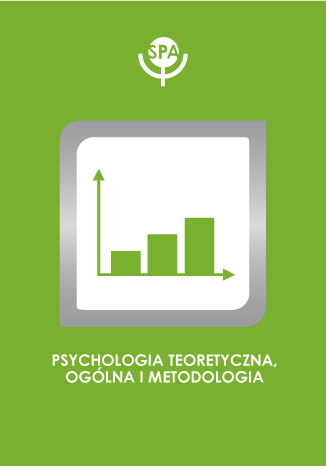Rozumowanie, samoregulacja i pragmatyka

Robert Mackiewicz
DOI:
Rocznik: 2008 Tom: 14 Numer: 2
Strony: 215-227
Self-regulation and reasoning may be viewed as two distinctive ways of adaptation to the environment. The former requires constant monitoring between the goal and the current state, while the latter requires acting according to formal rules of inference that are based on language skills and the knowledge generalized from previous experience. The paper presents a discussion on the relation between those two forms. Self-regulation and reasoning may use the same general energetic resources or require the same executive control probably based in the working memory. Both processes may be similar from the pragmatic point of view and they might become indistinguishable when the relation between the rule and the user is concerned. Among the psychological theories of reasoning, the proponents of the mental model theory emphasize the role of pragmatic factors. According to this theory, reasoning is a process of building mental representations of what is possible. However, as the results of the experiment on the so-called illusory inferences suggest, the tendency to reason pragmatically is even stronger than a tendency to reason through possibilities. Therefore pragmatic reasoning may be closer to self-regulation than order forms of inference.









 Pobierz pełny tekst
Pobierz pełny tekst



